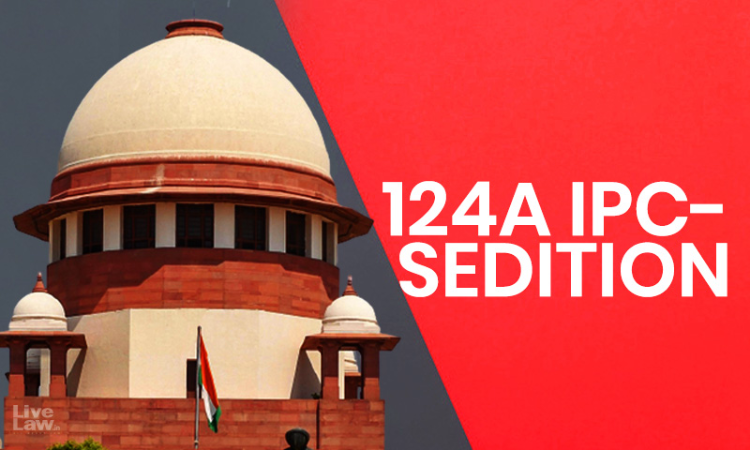Supreme Court To Examine Constitutional Validity Of Offence Of Sedition Under Section 124A IPC
Srishti Ojha
30 April 2021 6:08 PM IST

Next Story
30 April 2021 6:08 PM IST
The Supreme Court on Friday issued notice in a plea challenging the constitutional validity of the provision of the Indian Penal Code that penalises the law of sedition. A three-judge Bench of Justice UU Lalit, Justice Indira Banerjee and Justice KM Joseph were hearing a plea filed by challenging section 124-A of the Indian Penal Code, 1860, which penalises the crime of...
